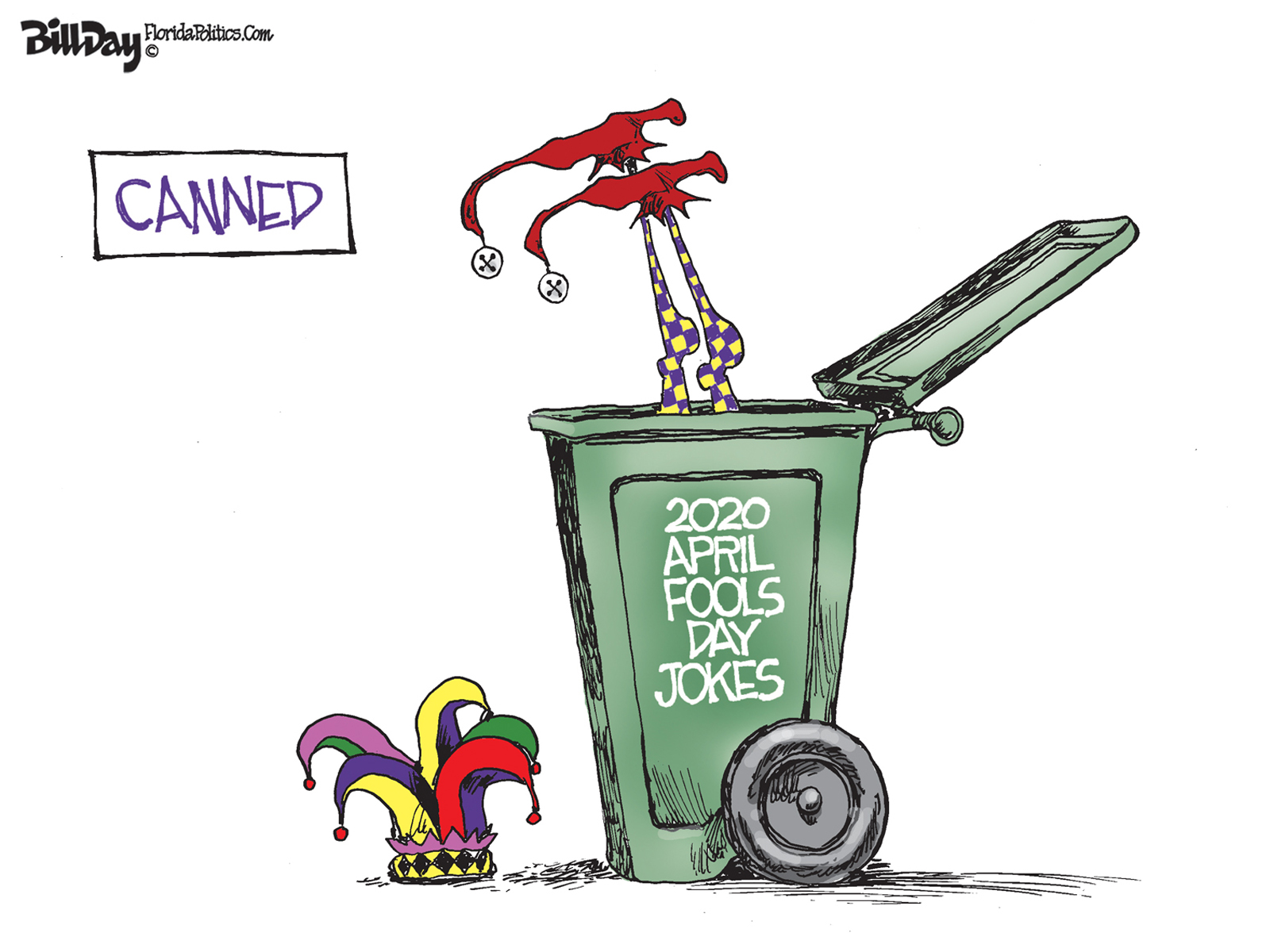From Governing magazine:
To accommodate tomorrow’s governments, we need leaders who excel at innovating and getting results, not climbing ladders.
Jim Chrisinger | April 20, 2011
Collective bargaining rights and pensions are all the rage today, but there are other government workforce issues that demand attention.
For one, we’re about to see a huge turnover in government, beginning with current layoffs and early-out incentives as middle-aged employees head for the door before their pensions shrink. In addition, boomers are just beginning to retire.
As this turnover swells, we can continue to hire and manage our workforce as we have, or we can focus on the next generation of leaders, and hire what we’re going to need in tomorrow’s governments.
Our basic challenge is to move from people who simply climb the workplace ladder and stay out of the newspaper, to people who entrepreneurially create more public value by focusing on results and innovation.
We will still need many of the qualities we seek now, like intelligence, focus, knowledge, initiative, loyalty, the ability to communicate and — now more than ever — optimism. But those qualities are not enough. We will need leaders at all levels who excel at:
Asking questions and listening, rather than knowing the answers and telling people what to do.
Fostering innovation, which means courageously taking risks and not abandoning colleagues who responsibly fail.
Steering, which means defining results and parameters, prioritizing, marshalling resources and supporting those doing the work by busting barriers and defending their efforts.
Embracing the power of competition and “creative destruction” to generate more public value from existing revenue, not reflexively asking for more revenue. Entrepreneurial leaders also embrace the ambiguity and chaos inherent in transformational change.
Gathering and nurturing networks of governments, businesses and nonprofits who collectively can deliver more public value with fewer tax dollars. Today, we can leverage even more networking potential through social media and civic entrepreneurship.
Influencing others more than relying on positional authority to get things done.
Investing in change, even when many lament that “we have no money.”
Empowering those closest to customers and collapsing layers between customers and elected officials.
Facilitating and mediating the players in this emerging and messy post-bureaucratic world.
To get this talent and these skills, we need to hire for it. We also need to change things to nurture it. For example, we can foster more inter-sector experience by making it easier for more people to build careers that spiral through government, business and nonprofits. The relationships and knowledge built in those careers fuel effective networks.
We will probably need to pay more money, not less to compete for the talent we need to lead 21st century governments. While we do not need people to take leadership positions in government “for the money,” we cannot afford to drive many of the best and brightest away due to a lack of it.
To develop talent once in the door, we need to move from personnel systems that are position-based to systems that are more person-based. The military and Foreign Service provide examples. There, leaders advance through different parts of the organization and undertake different kinds of tasks to broaden their knowledge and skills.
We will get more of what we reward. At upper levels, we now mostly reward those who manage more people and more dollars. At lower levels, we mostly reward longevity. At all levels, we reward people who “stay low and go slow.”
Hiring and nurturing more entrepreneurial talent will not succeed if political and media imperatives continue to punish those who step outside the bureaucratic box. When our politicians and systems reward results and innovation, that’s what we’ll get.



